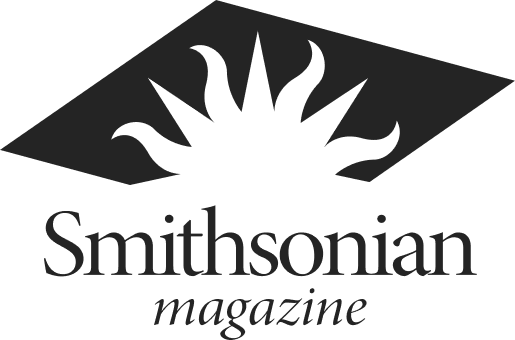Meet ‘Cosmic Crisp,’ a New Hybrid Apple That Stays Fresh for a Year
Proponents have called it “the Beyoncé of apples”
/https://tf-cmsv2-smithsonianmag-media.s3.amazonaws.com/filer/52/38/52388560-2fdc-40d3-90bd-deca4915fe2b/cosmicapple2.jpg)
There are plenty of apple varieties available on grocery shelves nowadays, and we all have our preferences. Some might favor the sharp and tangy Granny Smith, for instance, while others prefer the sweet and juicy MacIntosh. But scientists, growers and industry experts are banking on everyone loving their latest creation: a hybrid apple that proponents say strikes the perfect balance between sweetness, acidity, juiciness and crunch—complete with an impressively long shelf life.
It’s called the Cosmic Crisp, as Kate Gibson of CBS News reports, and it’s been in development for more than 20 years. Back in the 1980s, former Washington State University horticulturalist Bruce Barritt became concerned that growers in the state—one of the country’s top apple producers—were focusing too heavily on the Red and Golden Delicious varieties. According to WSU, he recommended developing new apple types, and launched an apple breeding program at the university.
In 1997, Barrit crossed crossed the pollen of a Honeycrisp with the stigma of an Enterprise, which is not only a disease resistant variety, but also very fetching. "Enterprise was chosen really because of its appearance," Kate Evans, professor of horticulture and head of apple breeding at WSU, told Dan Pashman of the podcast Sporkful. "It looks really nice—it's a very pretty apple."
The following year, the hybrid seeds were germinated and raised in a greenhouse. The first seedling and its siblings have since been busy growing, maturing and producing fruit—an apple known to experts as WA 38.
Those who have tasted the apple seem to like it. A 2012 report published in the American Society for Horticultural Science found that “114 untrained apple consumers” ranked WA 38 “higher in overall acceptance as well as acceptance of apple flavor intensity, crispness, firmness, and juiciness when compared with Fuji [apples].”
“The entire sensory experience of this apple is just amped up and elevated,” Pashman raved after getting a taste. “It's extremely crunchy; it's extremely juicy; it's extremely sweet and also acidic. It's like a technicolor apple.”
Key to the apple’s delicious flavor is a high sugar content balanced by an even higher acidity, “which means it should taste as good when picked as it does after traveling a thousand miles to a retailer,” according to WSU. What’s more, the apple is said to ripen more uniformly than other varieties while on the tree, and brown more slowly once picked. It has a lengthy shelf life, reportedly staying fresh in the refrigerator for up to a year, Gibson writes.
“Cosmic Crisp is the Beyoncé of apples,” claims WSU.
It’s hard to say how Queen Bey herself would feel about being compared to a thin-skinned fruit, but perhaps not unlike Beyoncé, Cosmic Crisp’s brand is meticulously managed. More than $10 million has been allocated to marketing the apple, which has its own website, Instagram page, and two official taglines: “Imagine the Possibilities” and “The Apple of Big Dreams”. Consumer focus groups helped give Cosmic Crisp its name, which alludes to white specks on its skin that create “the image of stars against red sky,” writes WSU. (The reality is perhaps a little less romantic; as Ellen Gutoskey of Mental Floss points out, the dots are are lenticels, or “porous openings that allow the apple to exchange gases with its environment.”)
Growers have already planted 12 million Cosmic Crisp trees, according to the Associated Press, and the apple is now available for purchase at supermarkets and retailers across the United States. This year, 450,000 40-pound boxes of Cosmic Crisps will be sold, with that number ramping up to two million in 2020. The apple is the first variety to be bred in Washington State, and growers there have exclusive rights to sell it for its first 10 years on the market.
“This apple has a good opportunity to be a hit with a lot of people,” Aaron Clark, a vice president of the Washington-based Price Cold Storage, which grows and packages fresh produce, tells the AP.
“It better be,” Clark adds, “because we are going to have a lot of them.”

